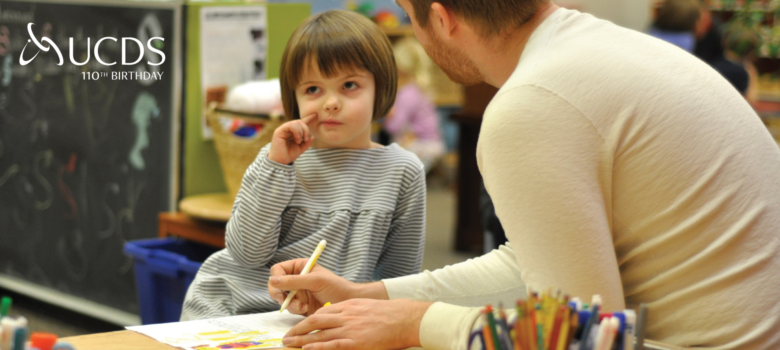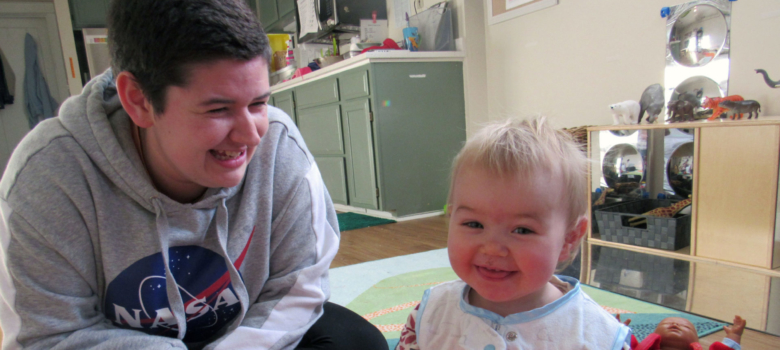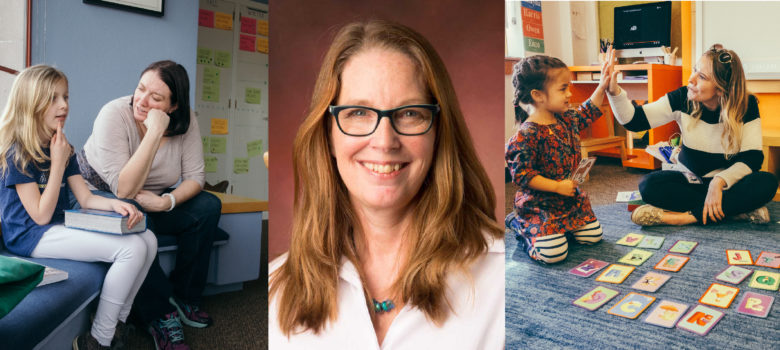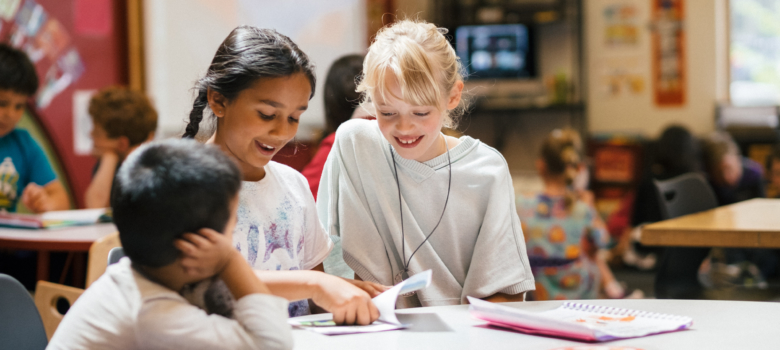5th Grade Teacher Cemal Ford returns with pt. 2/4 of his reflection on hearing Bryan Stevenson’s keynote of the National Association of Independent Schools’ People of Color Conference, held late last fall 2016. You can read more of Cemal’s thoughts in part 1 here. -Ed.
__________
The second point of Stevenson’s lecture was we have to change the narrative. Stevenson explained his belief that US culture is based on “a narrative of fear and anger.” Fear and anger are things we have to acknowledge exist, and move beyond. He added: “I will tell you that you can’t do justice rooted in fear and anger. To do justice, you’ve got to get past fear, past anger, and believe things you have not seen.” Those of us who have spent our entire lives fighting for freedom and justice understand. As a nation we are desperately overdue for truth and reconciliation. We need both to allow us to move past fear and anger and toward a country we have not yet seen but we must never stop believing in and building — an America finally ready to “do justice” for everyone. He believes it’s possible to change our nation and world despite the inequality and violence that sometimes threaten to overwhelm us. He gave the example of the demonization of young people; the formation in American psychology of the idea that some children aren’t children, but are in fact ‘super-predators,’ which paved the way for children to be tried as adults. You have some kids getting life sentences without parole. He then went on to say a key to changing America’s future is changing the narrative we tell ourselves about our shared past. This especially about our legacy of Native American genocide, slavery and Jim Crow, and the injustices throughout our history that linger and simmer under the surface then boil over again and again. He speaks more about the urgent need to confront our historic narrative.
Change that narrative to change the world. You can change through compassion and love. We can judge our success as educators with how we invest in kids so we can change the narrative.




